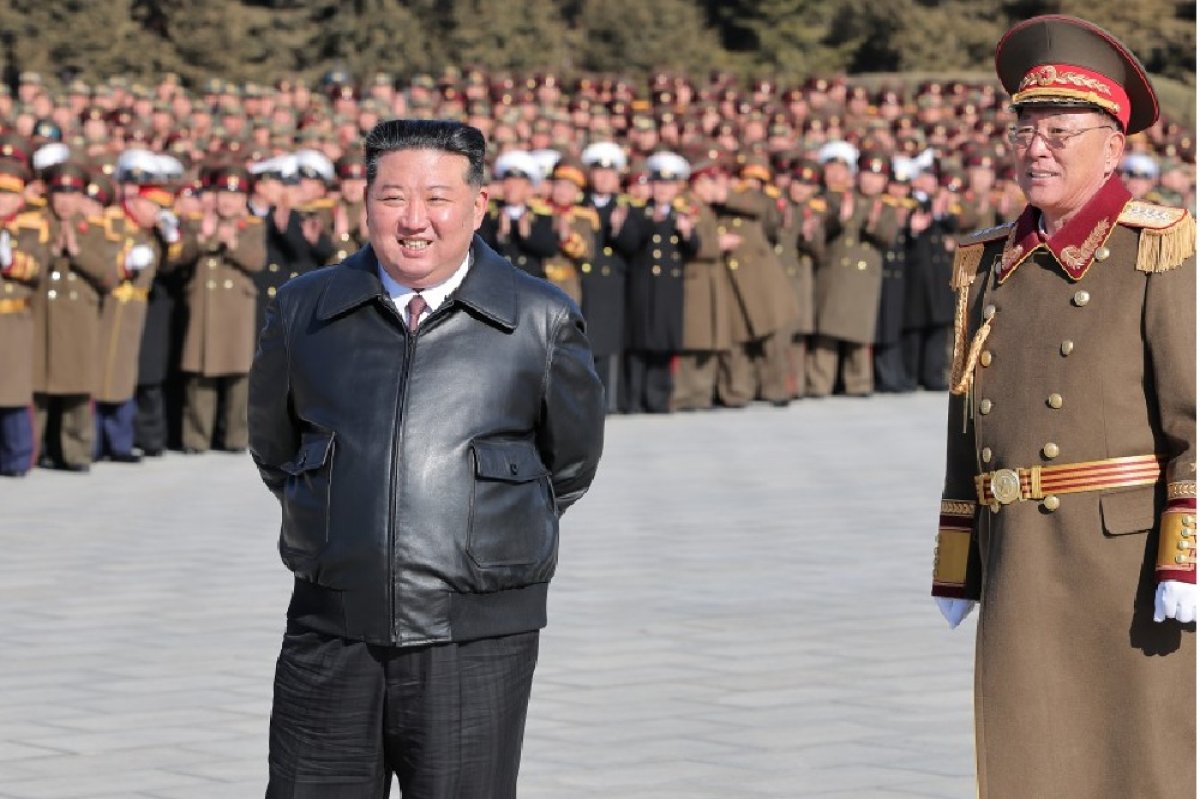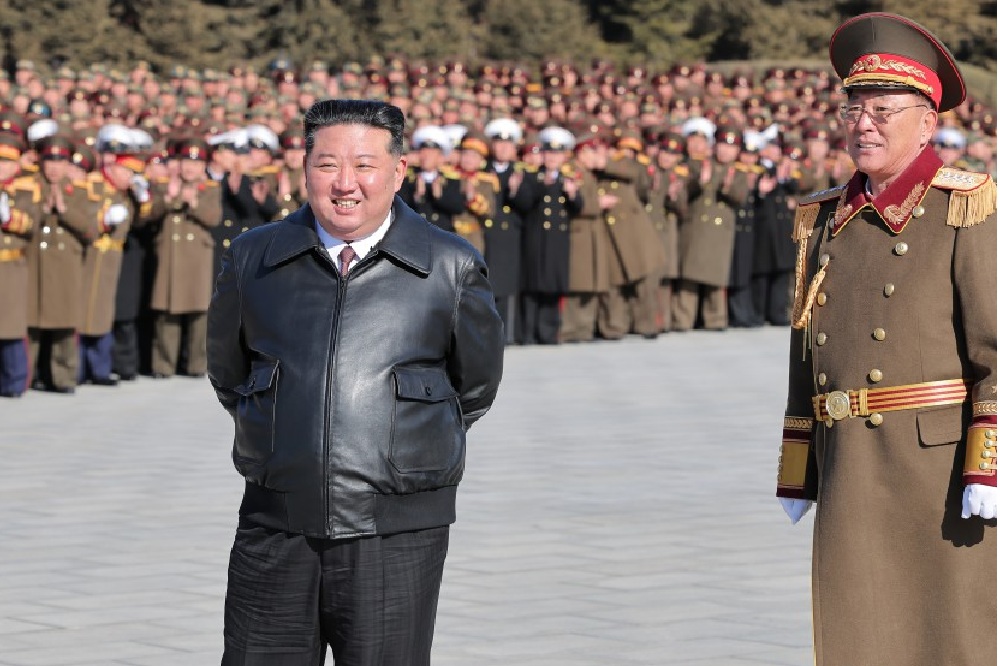North Korea has accused the United States of seeking to forge a new nuclear alliance after Australia moved closer to acquiring American nuclear submarines.
Newsweek reached out to the Pentagon and North Korean embassy in China with emailed requests for comment.
Why It Matters
Earlier this month, Canberra made an initial $500 million payment toward its $3 billion commitment to receive Virginia-class submarines. These have been earmarked for Australia under the aegis of its three-year-old AUKUS security pact between the U.S. and the U.K., with an eye on an increasingly assertive China.
North Korea has cited defense cooperation, including joint exercises, as a destabilizing force that justifies its advancing nuclear and ballistic missile programs.
What To Know
“This is not just a simple money deal but a full-scale operation of another nuclear alliance with the U.S. as the principal axis,” North Korea’s official Korean Central News Agency said in an article released Thursday. “It is a dangerous attempt to further deteriorate the unstable political and military environment in the Asia-Pacific region.”

North Korean Leader Kim Jong Un visits the country’s defense ministry to celebrate the 77th anniversary of the Korean People’s Army on February 8. Korean Central News Agency.
North Korean Leader Kim Jong Un visits the country’s defense ministry to celebrate the 77th anniversary of the Korean People’s Army on February 8. Korean Central News Agency.
Korean Central News Agency
The article said Washington was “obsessed with its ambition for establishing hegemony” and containing the region’s nuclear states. AUKUS, an “Anglo-Saxon nuclear submarine alliance” is part of U.S. efforts to dismantle the global nuclear nonproliferation system, it added.
The U.S. “extended deterrence” security commitment, including the protection of its nuclear umbrella, applies not only to South Korea but also to Australia and Japan.
North Korea has previously condemned the growing defense cooperation between the United States, Japan, and South Korea.
In April 2023, then-President Joe Biden hosted Japanese and South Korean leaders at Camp David, where they signed a historic trilateral security pact aimed at countering threats from China and North Korea.
What People Are Saying
Malcom Turnbull, former prime minister of Australia, was quoted as saying by the Guardian: “We are now more reliant on America than ever [before] at a time when America is less reliable than ever…. We’ve got to ask ourselves, are our current arrangements working? And I would say they are not fit for purpose any longer.”
Luke Gosling, Australian member of parliament, wrote in a June report for the Lowy Institute think tank: “Australia’s freedom of movement would be the first casualty of unrestricted submarine warfare, as happened in the Atlantic and the Pacific during the Second World War. If America were tied up fighting to break through to Australia, or pinned down elsewhere in a wider war, the ADF [Australian Defense Force] could have little choice but to carry out its operations independently for a period of months or longer while waiting to link up with the United States.”
What’s Next?
Australia is set to receive three Virginia-class submarines in the 2030s out of an eventual fleet of at least eight nuclear submarines. Though nuclear powered, the Virginia-class is not capable of launching nuclear weapons.
The country currently operates six Collins-class diesel-electric submarines.
